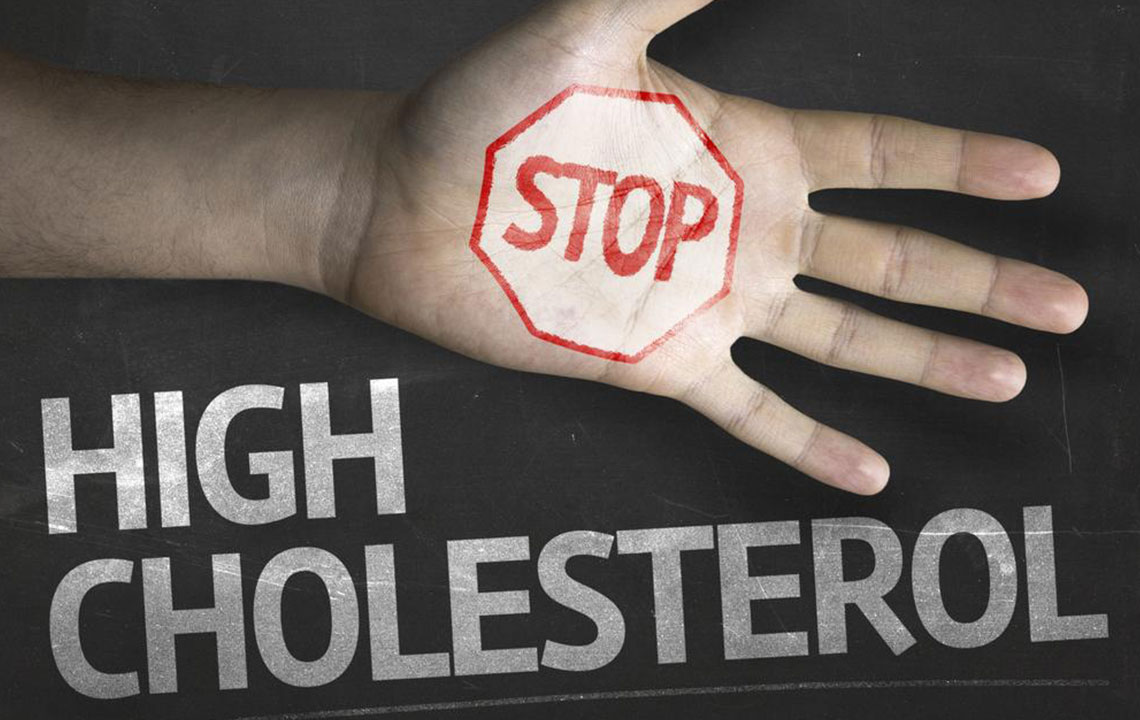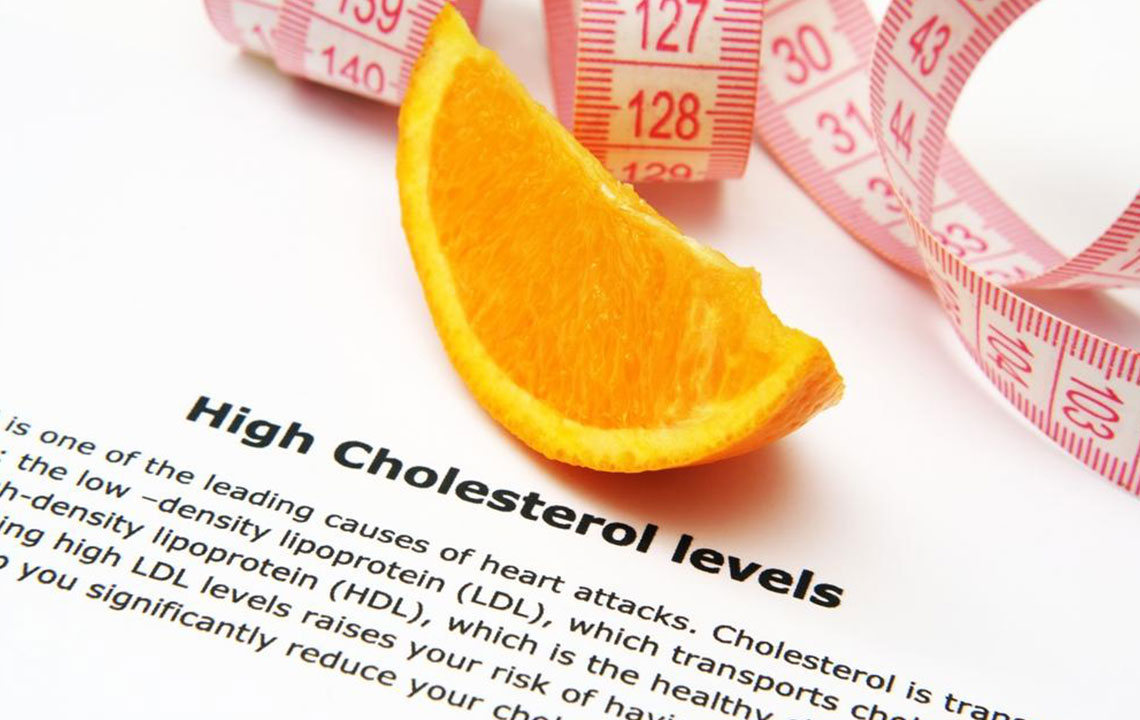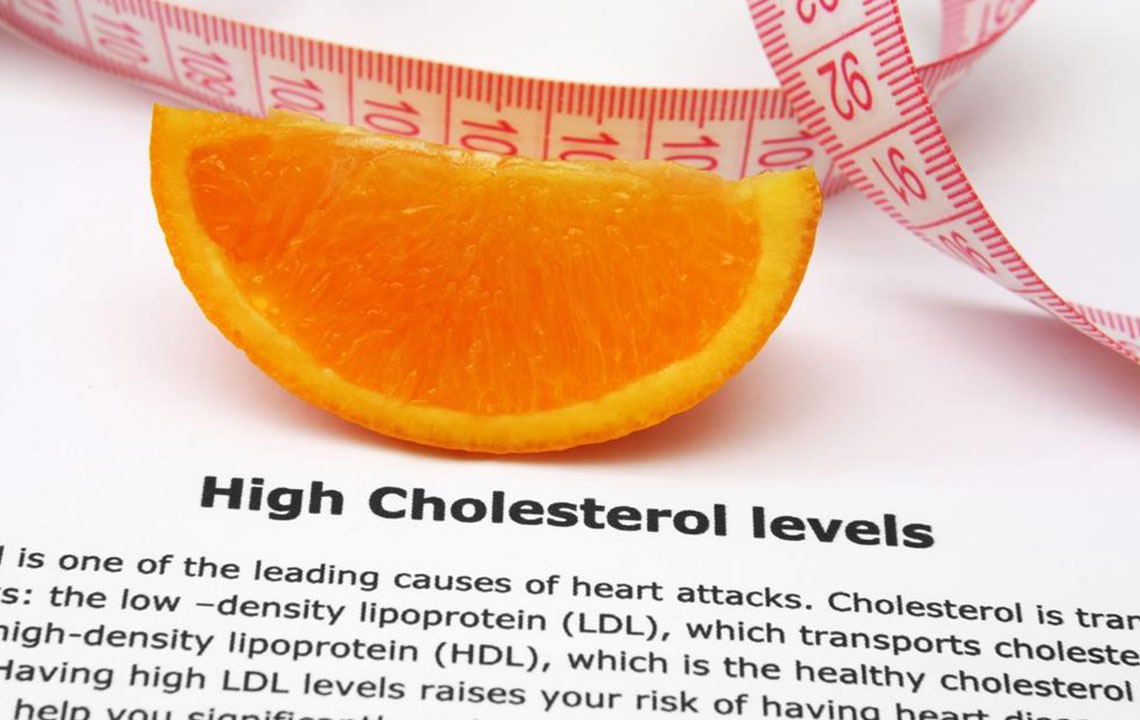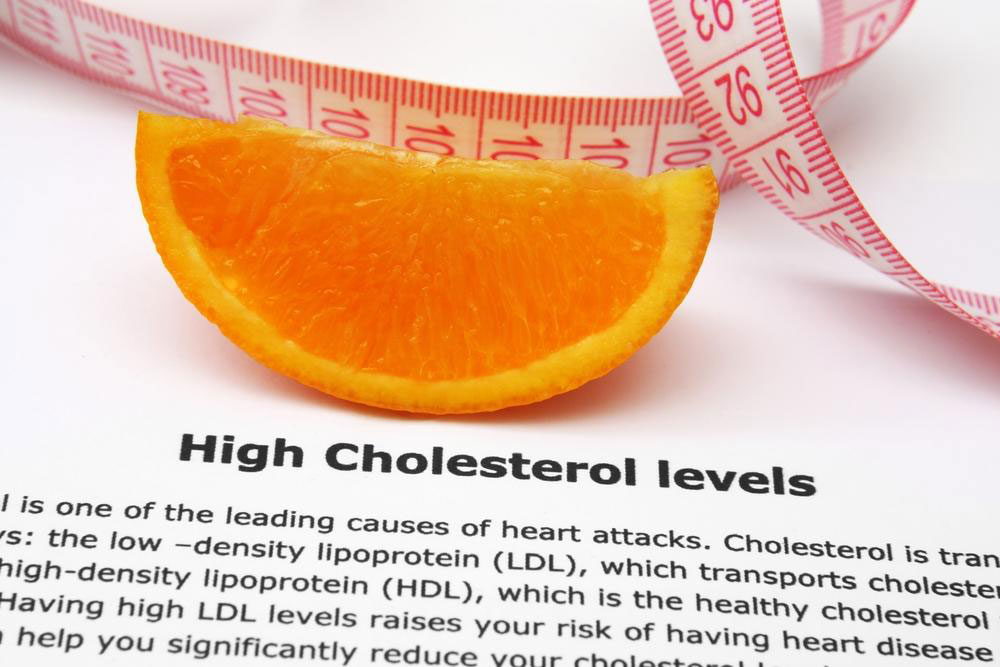Comprehensive Guide: 6 Effective Dietary Strategies to Lower High Cholesterol Levels
Discover the top 6 dietary strategies to effectively lower high cholesterol levels. From increasing fruit and vegetable intake to incorporating omega-3 rich oily fish, this comprehensive guide provides practical tips for heart health. Learn how replacing saturated fats with healthy unsaturated fats, boosting dietary fiber, and including plant sterols can make a significant difference in managing your cholesterol. Adopt a balanced, enjoyable eating pattern that promotes cardiovascular wellness and support your journey to better health with proven nutritional strategies designed for long-term success.

Comprehensive Guide: 6 Effective Dietary Strategies to Lower High Cholesterol Levels
Managing high cholesterol is a critical component of maintaining cardiovascular health. The right dietary choices can significantly influence your cholesterol levels and overall heart health. If you're looking to reduce your cholesterol through dietary modifications, understanding which foods to incorporate and which to limit is essential. Success in managing cholesterol relies heavily on consistency, discipline, and adopting healthy eating habits that become part of your lifestyle. Historically, many believed that avoiding foods rich in dietary cholesterol, such as shrimp, eggs, and shellfish, was the key to lowering cholesterol. However, modern research suggests that saturated fats play a more significant role in elevating harmful LDL cholesterol levels.
Increase Fruit and Vegetable Consumption
Incorporating more fruits and vegetables into your daily diet is one of the simplest yet most effective strategies to support overall health and cholesterol management. Although these foods do not directly lower cholesterol, they are rich in nutrients, antioxidants, and fiber, which help protect your heart. Fill half of your plate with colorful vegetables like spinach, broccoli, carrots, and peppers. Use fruits such as berries, apples, oranges, and bananas as toppings or snacks throughout the day. These nutrient-dense foods also contribute to weight management and reduce inflammation, supporting optimal cardiovascular health.
Replace Saturated Fats with Heart-Healthy Unsaturated Fats
Transitioning from saturated fats to unsaturated fats is vital for lowering LDL cholesterol levels. Foods high in saturated fats, including red meats, full-fat dairy products, butter, and many processed snacks, can elevate cholesterol and increase cardiovascular risk. Healthier alternatives include oily fish such as salmon, mackerel, sardines, and trout, which provide omega-3 fatty acids beneficial for heart health. Incorporate plant-based oils like olive oil, canola oil, and sunflower oil into cooking. Additionally, include nutrient-rich foods like avocados, nuts, and seeds, which are excellent sources of unsaturated fats. Always scrutinize food labels for saturated fat content to make the best choices during grocery shopping.
Enhance Your Diet with High-Fiber Foods
Dietary fiber plays a crucial role in managing cholesterol levels. Consuming sufficient fiber, particularly soluble fiber, helps reduce LDL cholesterol effectively. Choose wholegrain bread, brown rice, whole wheat pasta, oats, barley, and legumes such as lentils and beans. Incorporating oats into your breakfast, particularly oat beta-glucan, has been scientifically shown to significantly reduce LDL cholesterol by binding to cholesterol in the digestive system. Aim for at least 3 grams of oat beta-glucan daily. In addition, consuming a variety of fiber-rich fruits and vegetables not only supports digestion but also contributes to overall cardiovascular health.
Eat Oily Fish Regularly
Including oily fish in your diet at least twice a week provides essential omega-3 fatty acids that are beneficial for heart health. Fish such as salmon, mackerel, sardines, herring, and trout are flavorful options that support reducing inflammation, lowering triglycerides, and improving overall cholesterol balance. Preparing grilled or baked oily fish avoids added saturated fats and preserves their health-promoting properties. Regular consumption of these fish as part of a balanced diet can dramatically improve cardiovascular markers and contribute to long-term heart health.
Include Plant Sterols Daily
Plant sterols are naturally occurring compounds found in small amounts in many plant-based foods. Consuming 1.5 to 2.4 grams of plant sterols daily can decrease LDL cholesterol levels by as much as 10% within three weeks. These compounds interfere with the absorption of cholesterol in the intestines. Sources rich in plant sterols include seeds, nuts, vegetable oils, fruits, and vegetables. Incorporate fortified foods that contain added plant sterols, such as certain margarines and spreads, but always check labels for the sterol content. Including a variety of these foods in your diet can be a highly effective and natural way to manage cholesterol levels.
Adopt a Heart-Healthy Eating Pattern
Establishing an overall healthy dietary pattern is critical for managing high cholesterol. Limit saturated fats to no more than 10% of total daily calories, and keep added sugars below 10% of daily intake to prevent weight gain and metabolic issues. Sodium intake should be restricted to less than 2,300 milligrams daily to support blood pressure health. Minimize consumption of trans fats found in many processed foods and baked goods, as they are strongly linked to increased LDL cholesterol and inflammation. Alcohol consumption should be moderated, ideally kept within recommended guidelines, and smoking should be avoided altogether. Pair your healthy eating habits with at least 30 minutes of moderate physical activity each day to support lipid profile improvement and overall cardiovascular health.
Maintaining a cholesterol-conscious diet involves gradual but consistent dietary changes. Celebrate small victories, such as choosing healthier snacks or adding an extra serving of vegetables daily, to stay motivated. Embrace a diet rich in colorful fruits and vegetables, plant sterols, fiber-rich foods, and oily fish. Incorporate these changes into your lifestyle and enjoy the benefits of improved heart health and well-being. Remember, a balanced, enjoyable diet can make managing high cholesterol both effective and sustainable in the long term.





